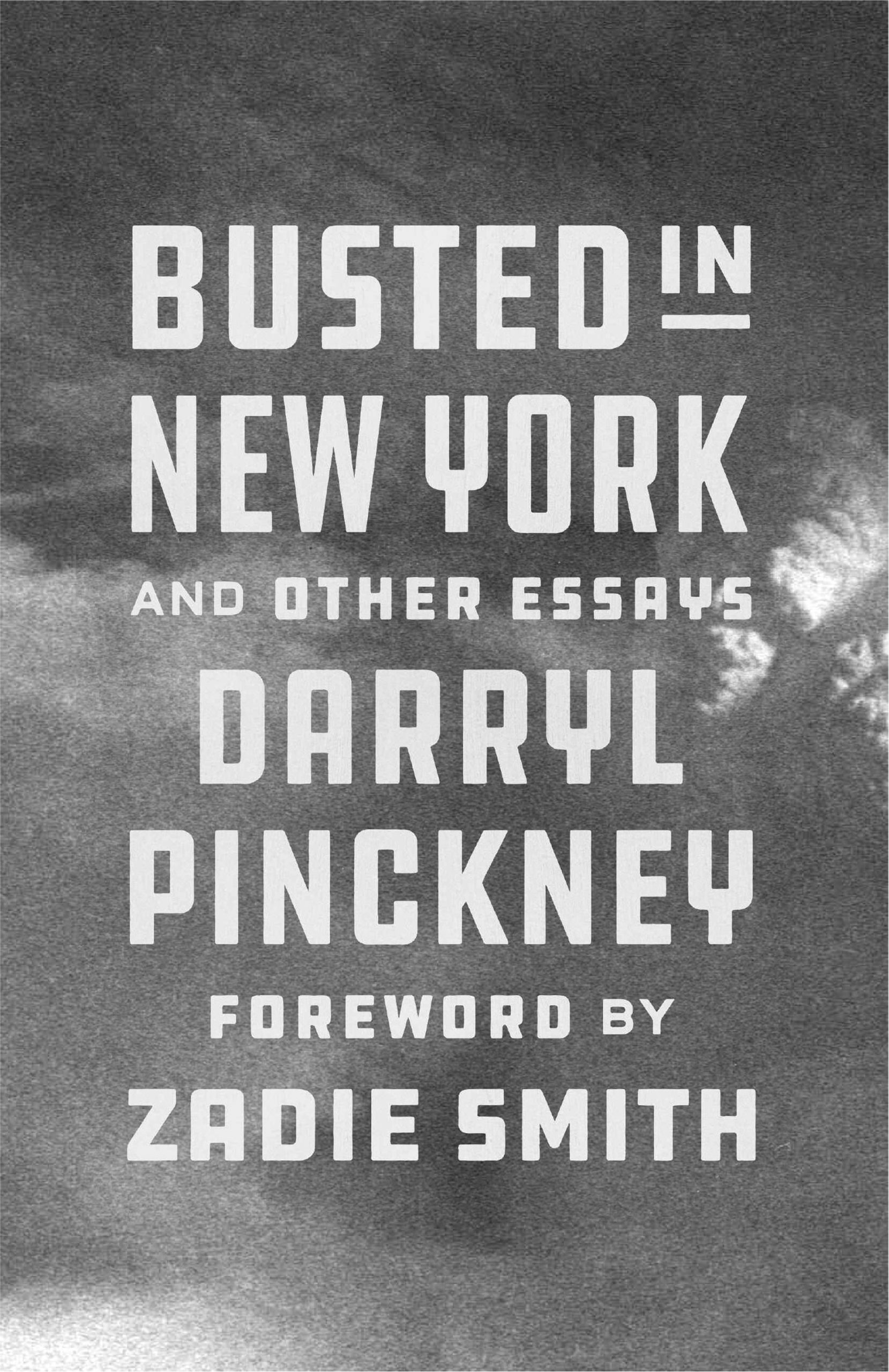What It Means To Be Black


If 66-year-old Darryl Pinckney is sometimes compared to James Baldwin, dead now lo these 32 years, there’s a reason — he admires him, as he does several other “mavericks of black literature.” The phrase comes from an earlier essay collection that, along with Pinckney’s award-winning fiction and playwriting, looked back at relatively unknown formative voices in the black literary community. The essays appear again in this new collection, “Busted in New York and Other Essays.”
“Busted” zeroes in on the cultural, political, and psychological resonances of what it has meant to be black (and, to a lesser extent, gay) in America over the last few decades. It’s a 25-essay look at identity politics that moves from 1995 to 2018, and also covers Europe, where Pinckney, like Baldwin before him, exiled himself for a while before coming home to the land of his father. These are informative and elegantly written notes from a native son.
Although the arrangement is basically chronological, it’s not rigidly so, and the essays from 2015 on include an occasional backward glance and focus on cultural icons. The last essay, “Miss Aretha Franklin” (d. 2018), invokes a time of “black America coming of age,” and a woman whose often “late-night and sad-morning soundtrack,” was, for him, “music of desire, consolation, and repair.”
Among other soul sisters is English-born novelist and essay writer Zadie Smith whose fine foreword dwells on middle-class Pinckney’s complexity and ambivalence. He has “a truly encyclopedic knowledge of black history,” she writes, but also courage in addressing race and class, admitting regret at his own naivety about or remove from certain political actions in the past.
The issues are, arguably, just as potent now as they were when events surrounding them occurred, such as the 1995 Farrakhan-dominated October 16, 1995 Million Man March, the subject of Pinckney’s opening essay that’s allusively titled “Slouching Toward Washington” (hello, Yeats) where it’s clear — and this is one of the implications of the collection — that Pinckney is writing for whites and blacks, many of whom still lump together people of color, regardless of heritage or achievement. (He’s critical of Farrakhan, supportive of Malcolm, admiring always of King).
As Smith writes, the old black middle class knew success did not protect them: “A cousin of my mother’s, a student at Atlanta University, was lynched in 1931.” But it’s important — and this is the strength of the book — to acknowledge how “we” got here, to show the complexity of the history and the changing position of many black voices, including Baldwin’s, Ta Nehisi Coates’s, Eldridge Cleaver’s, the Black Panther Party, “without rancor, without insult,” she says. Pinckney also takes on the “we” — “can a diaspora be a monolith?” — questions sometimes asked of other hyphenated American ethnicities.
Smith sympathetically regards the cumulative effect of Pinckney’s Afro-pessimism, noting that he’s been and still is at the “intersection” of so many identity problems: being black, gay, bougie. She also writes that he sees the “despair” in our “present race debates” but has no answers about whether blacks will ever achieve full equality in American society. Is “white racism is so deep that meaningful that integration can never happen”?
The essays take on familiar topics such as the Obama presidency, Katrina, Ferguson, but it’s especially sobering to read about the failures of the criminal justice system and racial profiling — then and now. In this regard, the second and eponymous essay in the collection is particularly compelling: “Busted in New York” (2000) shows Pinckney at his most confessional and hip, as he’s arrested, along with two white women, on the Lower East Side for smoking pot. It was the New Wave bohemian days of the late ’70s, early ’80s, and his portrait of being tossed in a police van, held in lock up, housed with poor black and Latino druggies is disturbing in its shame and reportage, which includes how young and old recidivists learn to work the system from the inside.
It seems appropriate that Smith ends her introduction on a note about the Sankofa bird, a rarity she equates with Pinckney, though she doesn’t say why. Turns out that “sankofa” in the Twi language of Ghana, translates as “go back and get it,” while Wikipedia also lists it as referring to an Asante Adinkra symbol of a bird “with its head turned backwards as its feet face forward, carrying a precious egg in its mouth.” The idea is to know and accept one’s past, and learn how to use it. As Pinckney writes, “white supremacy isn’t back; it never went away.”
This is an important book to get into the hands of high school students, at the very least.









